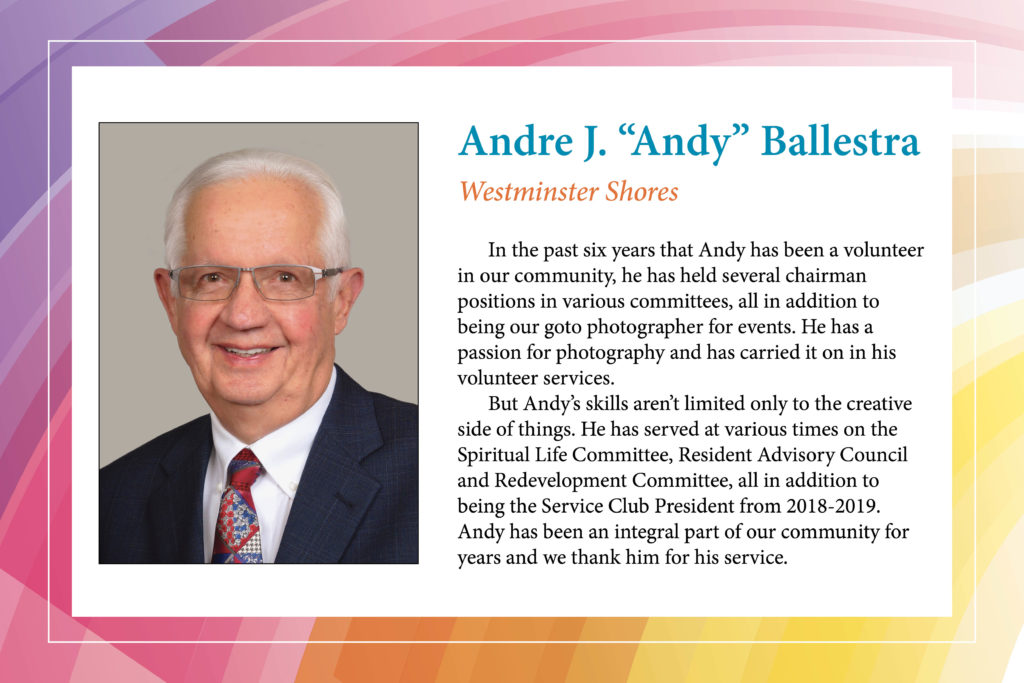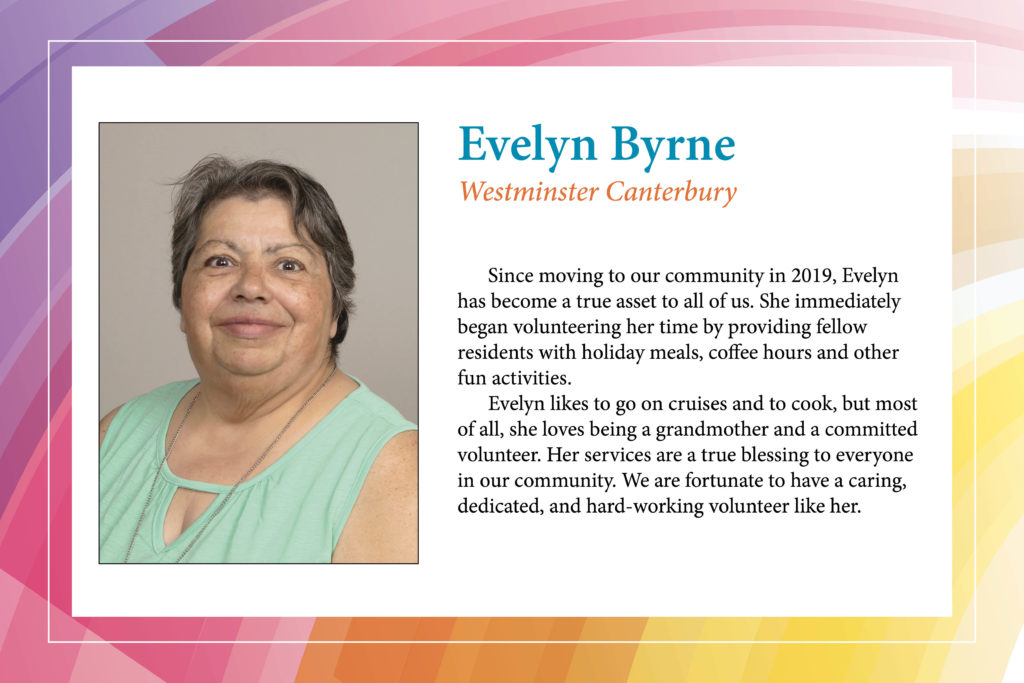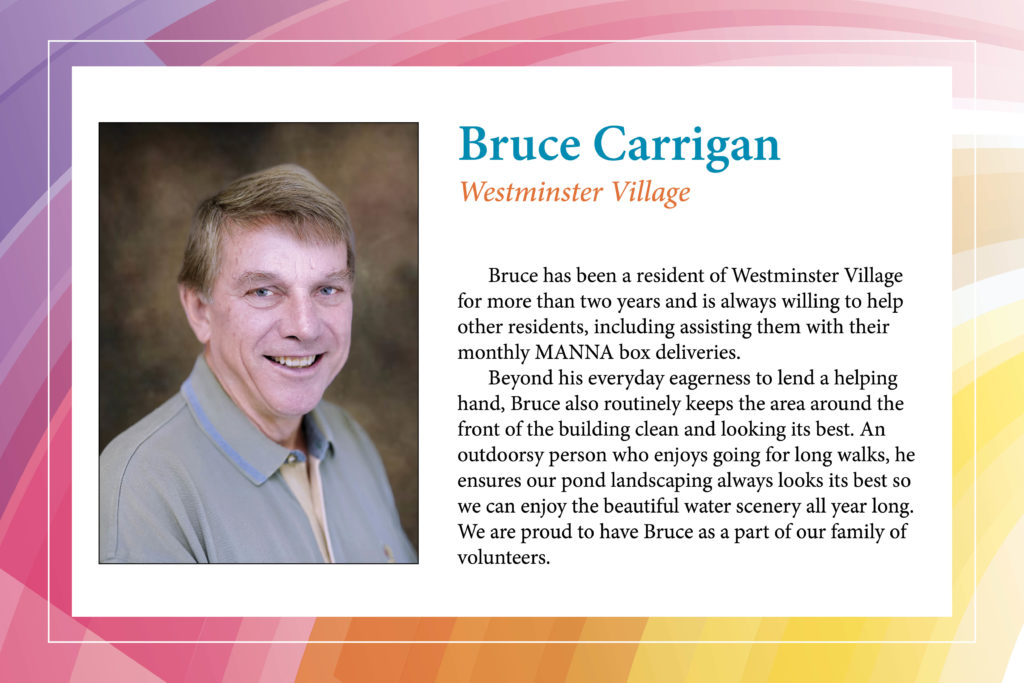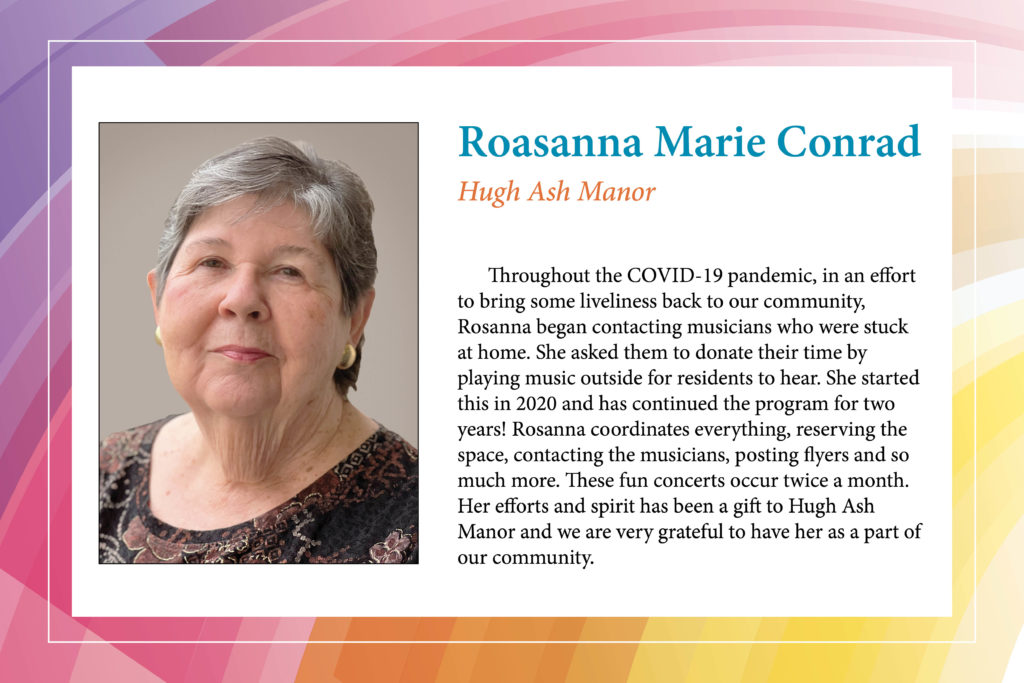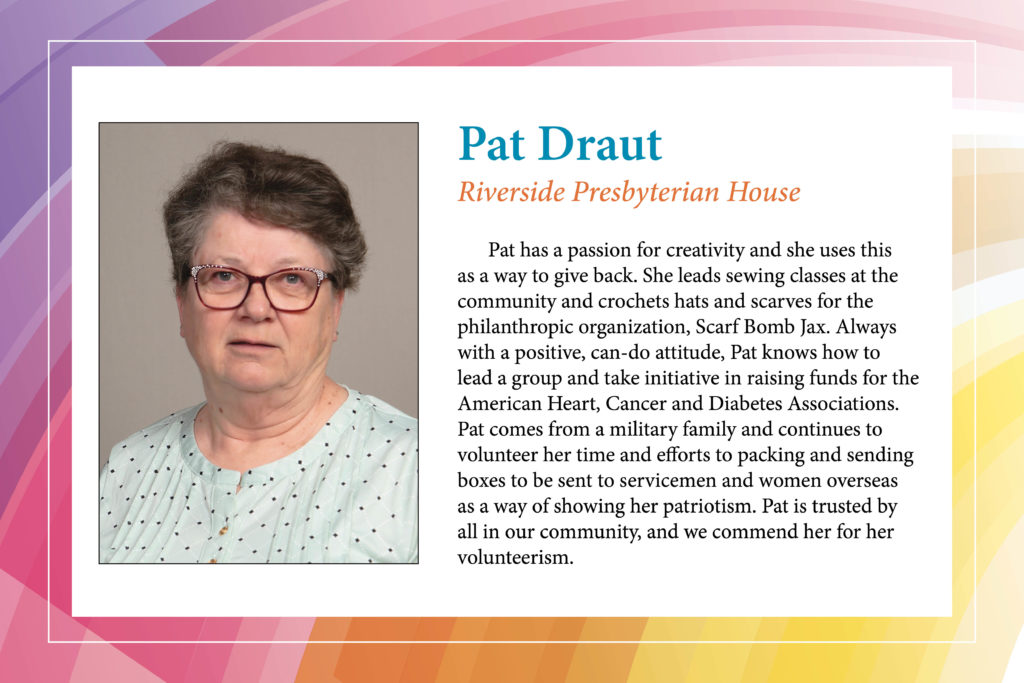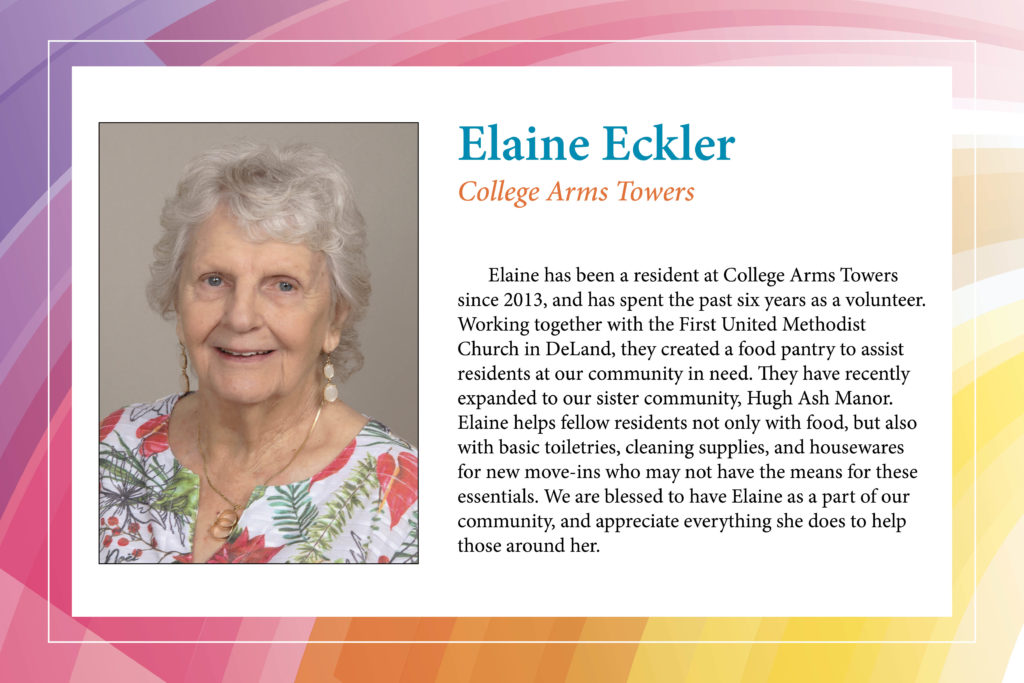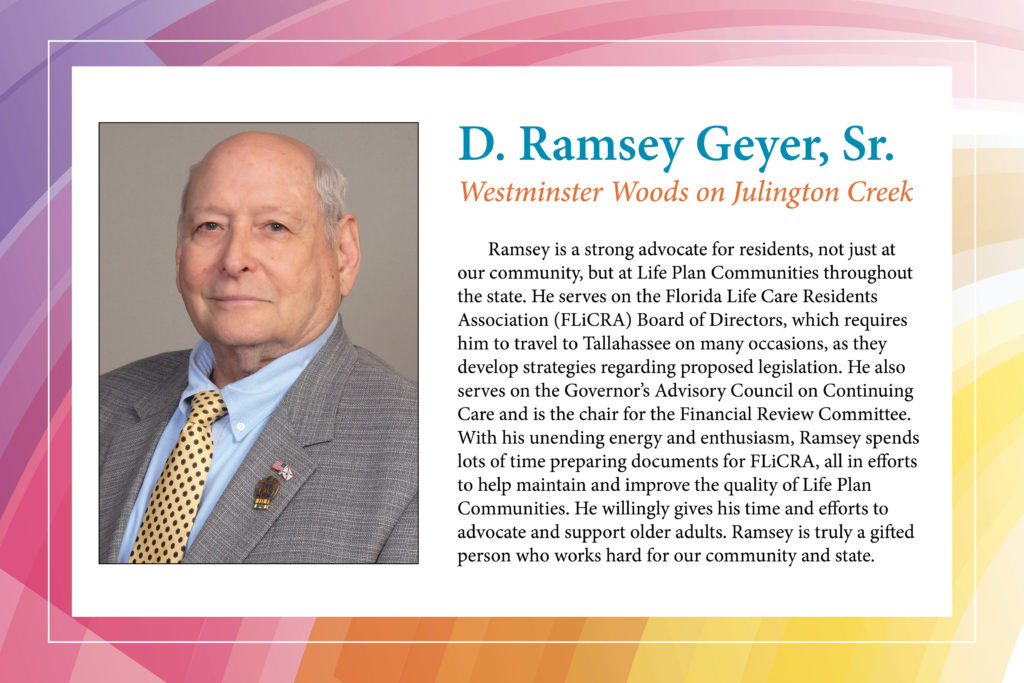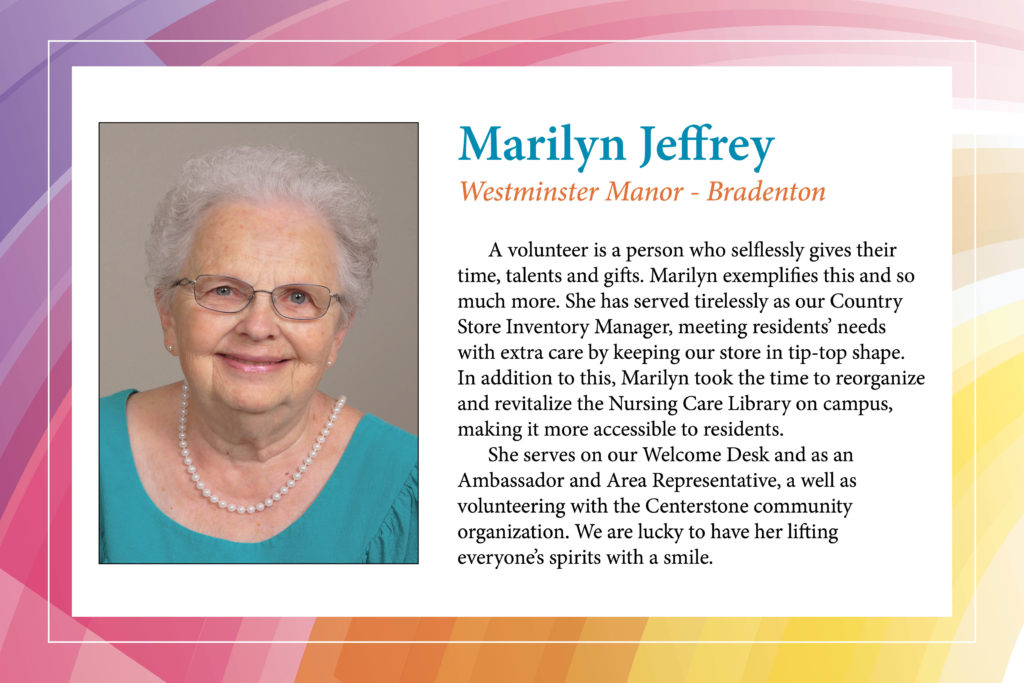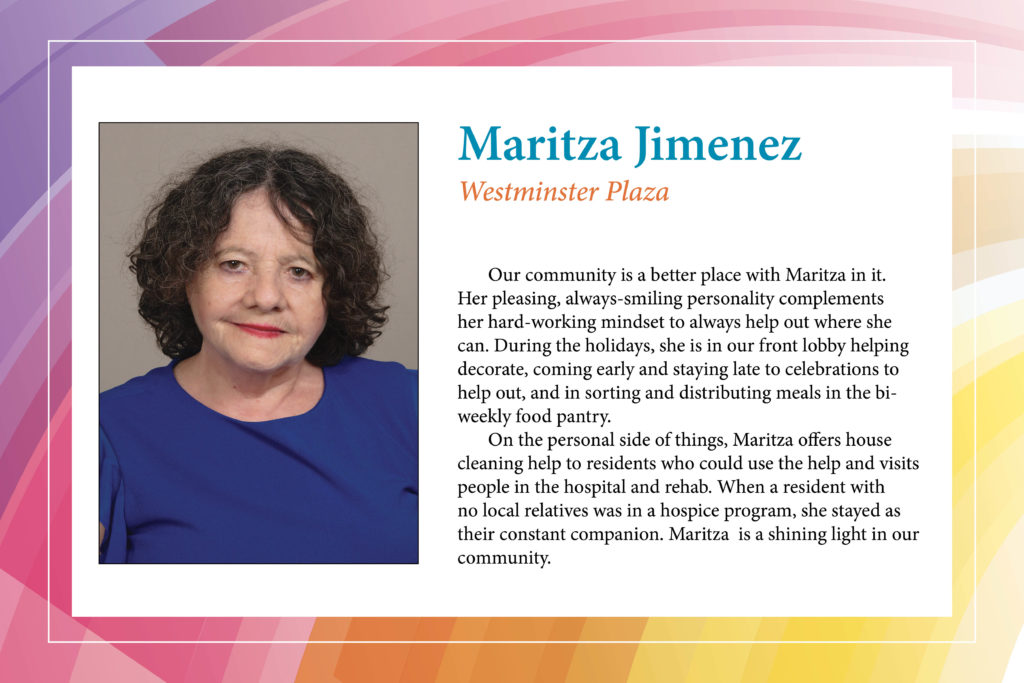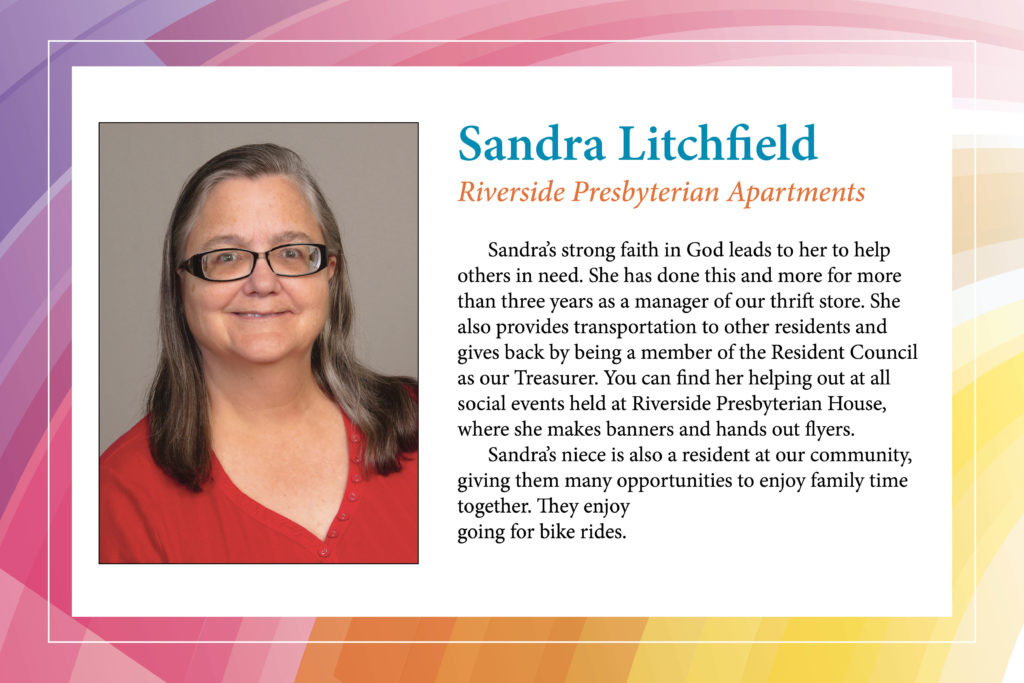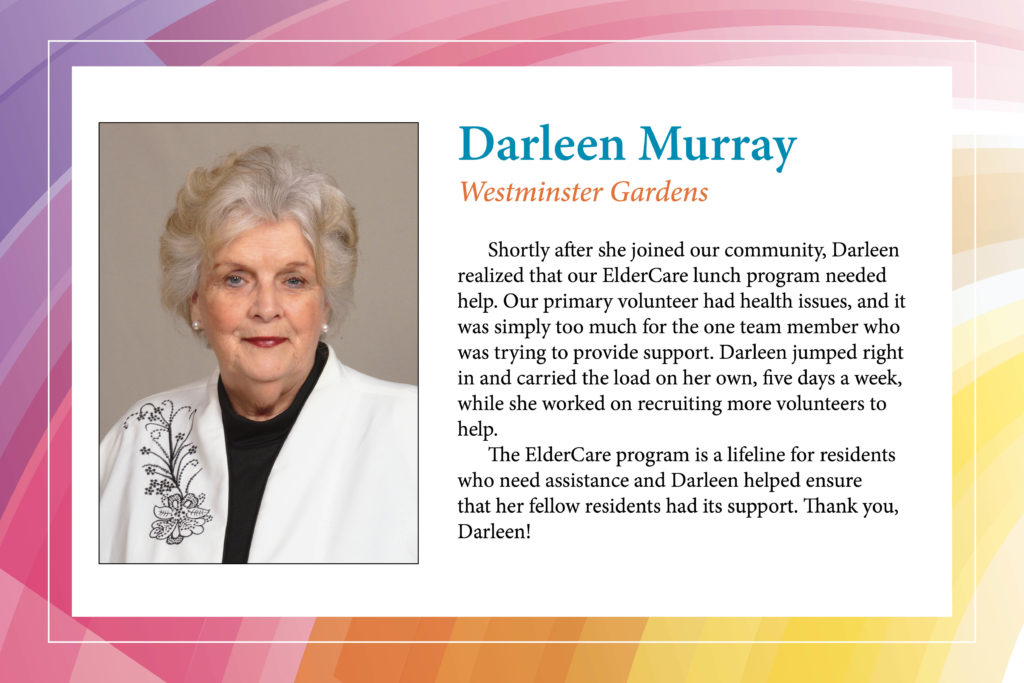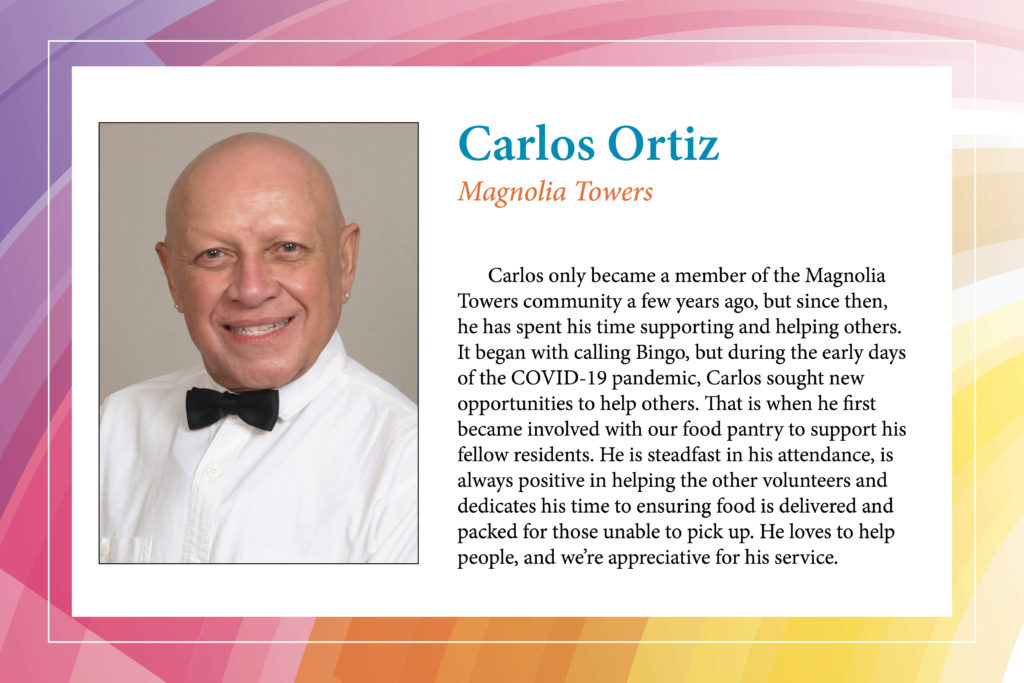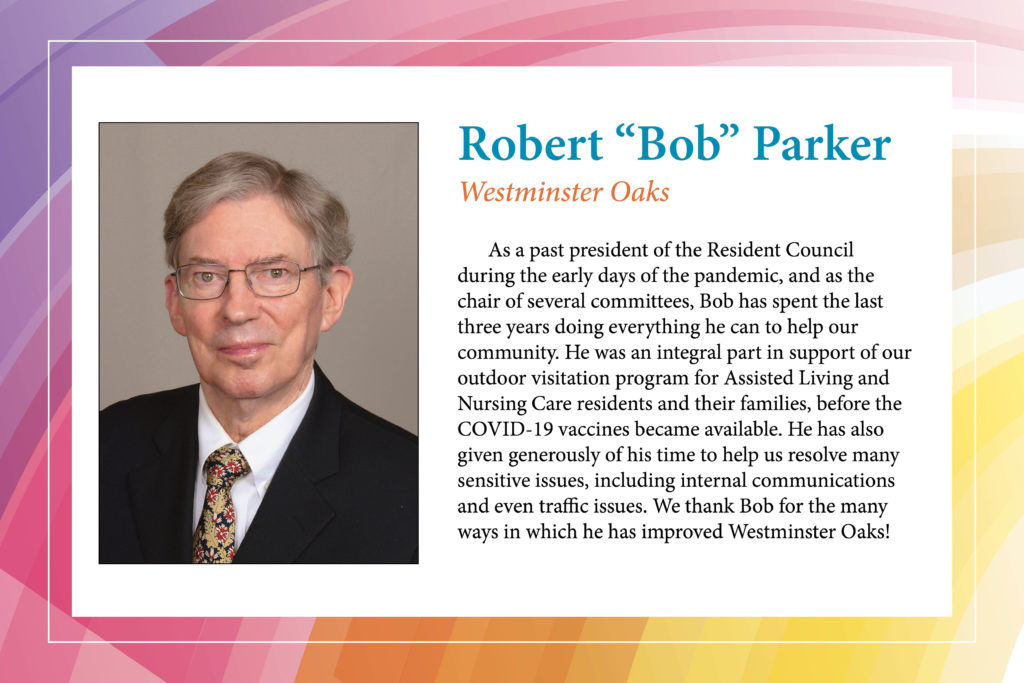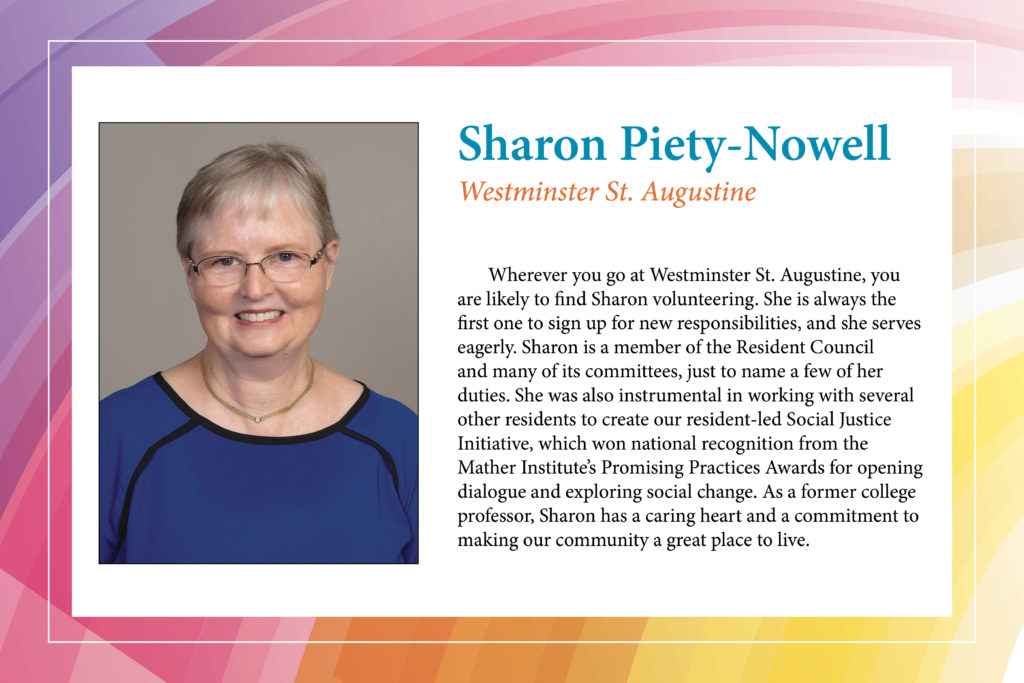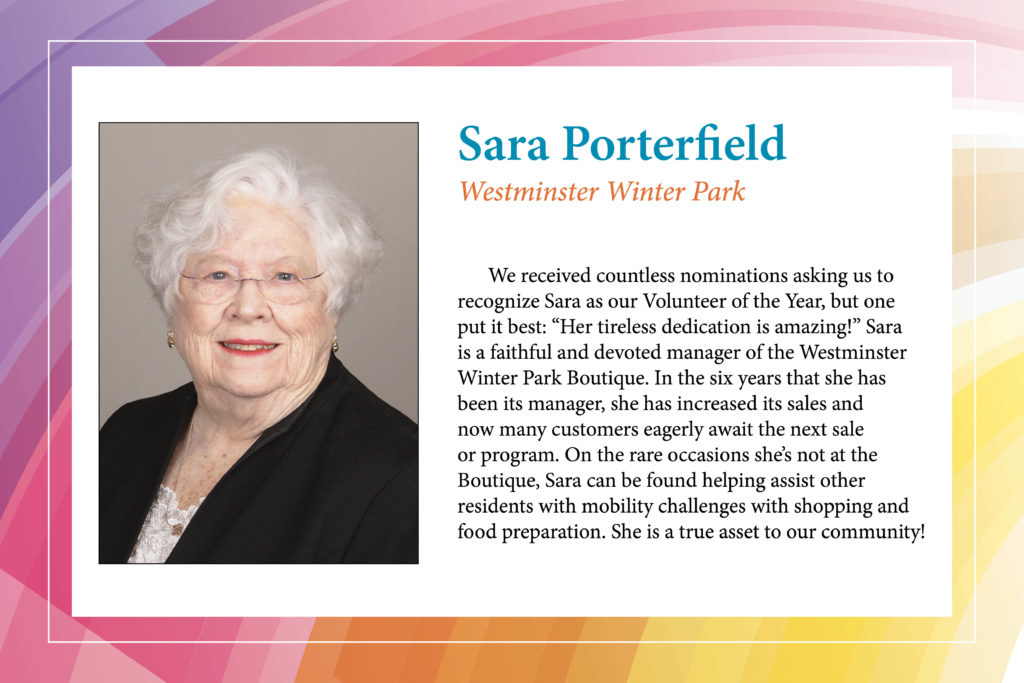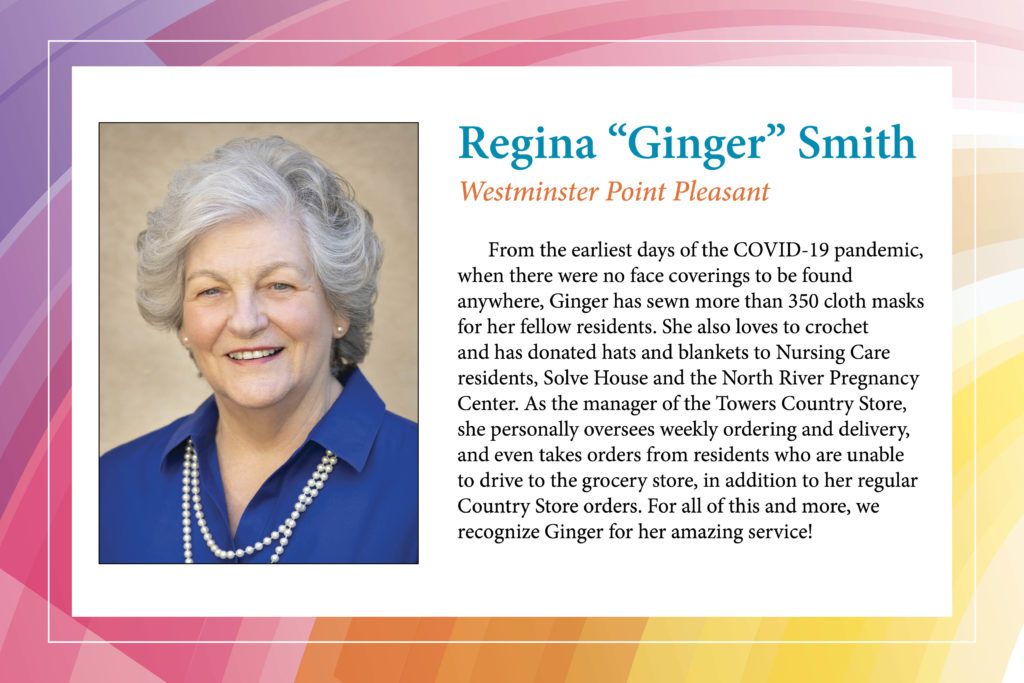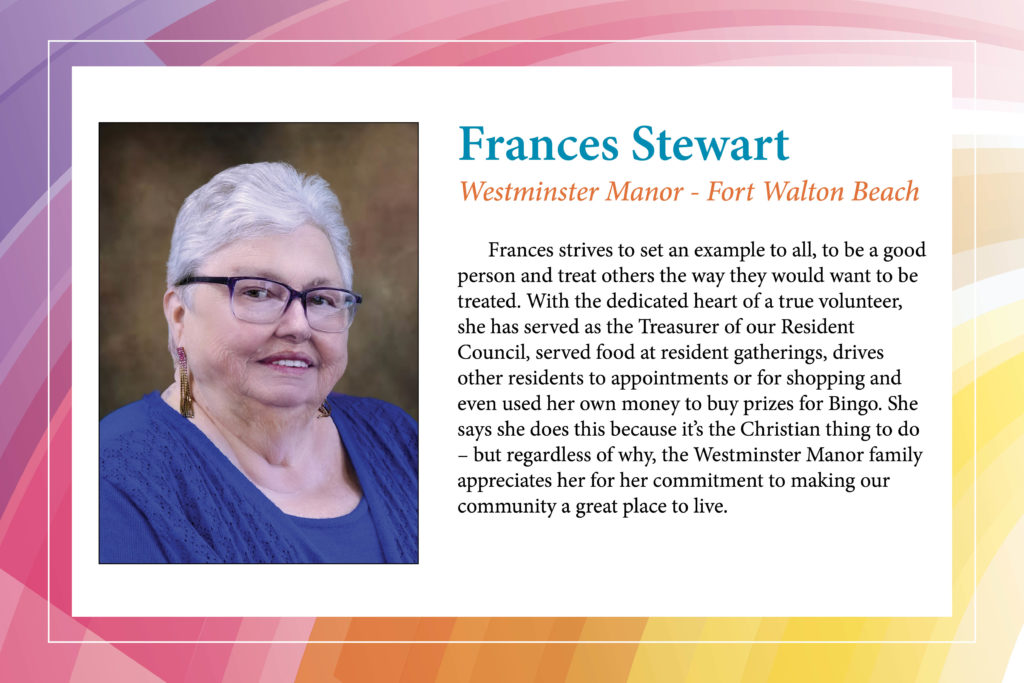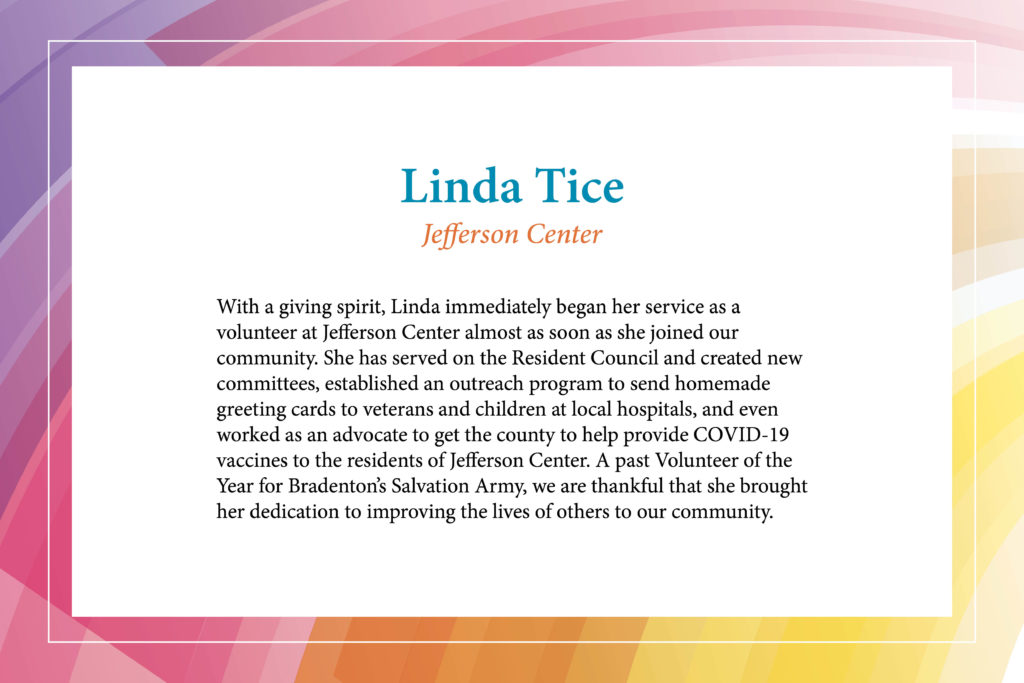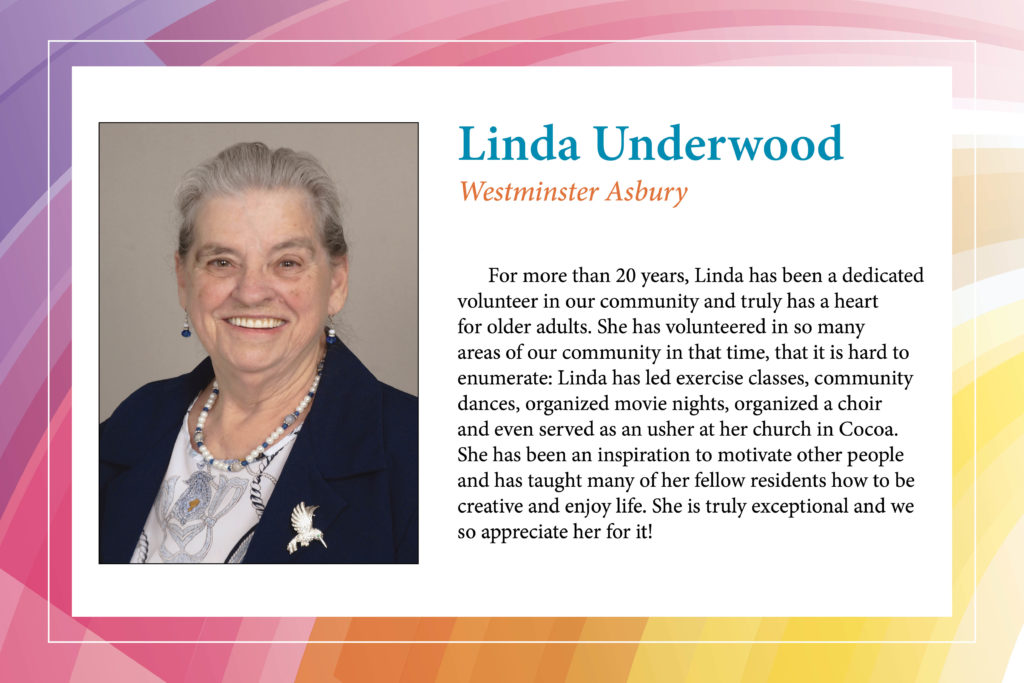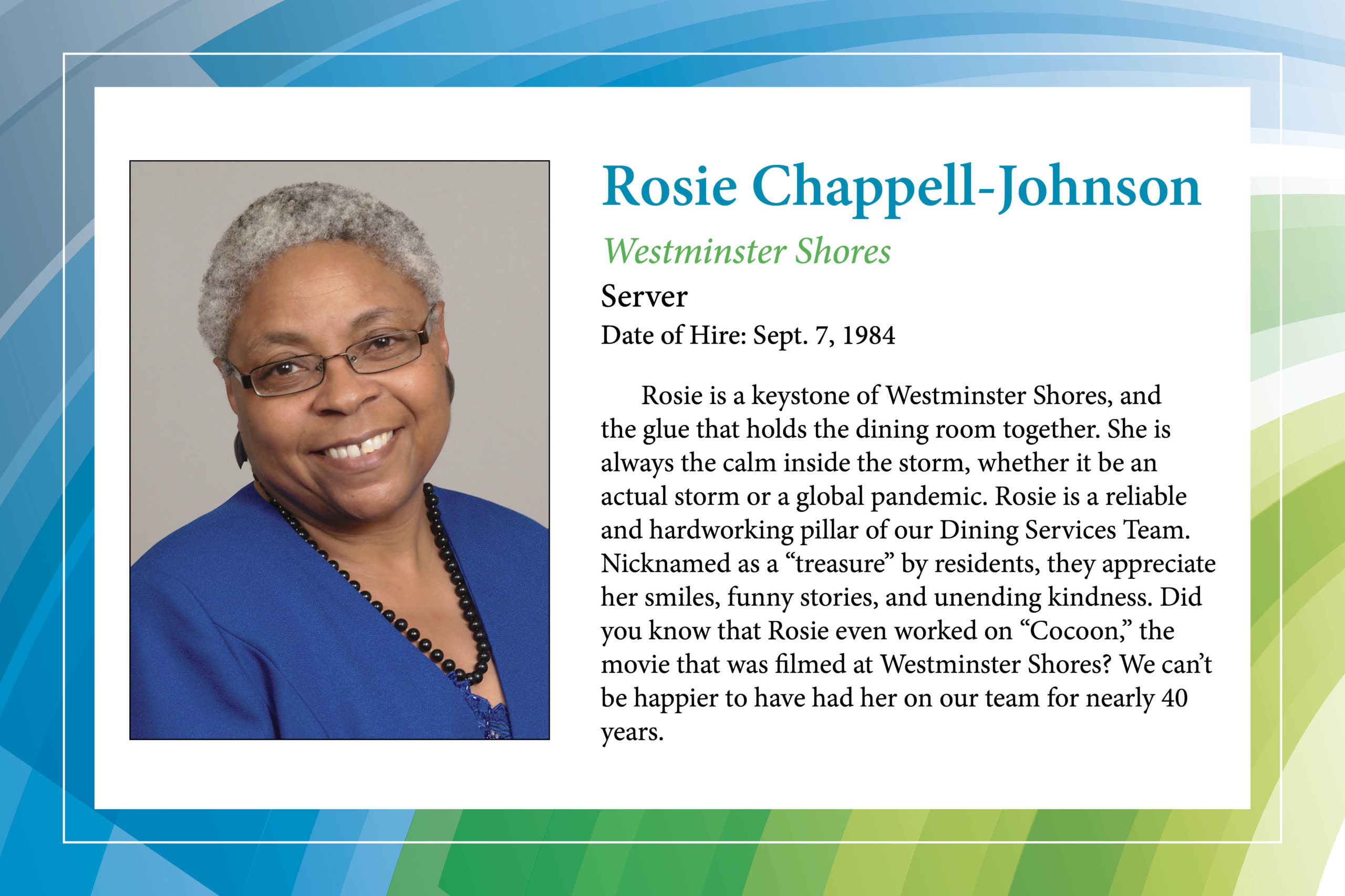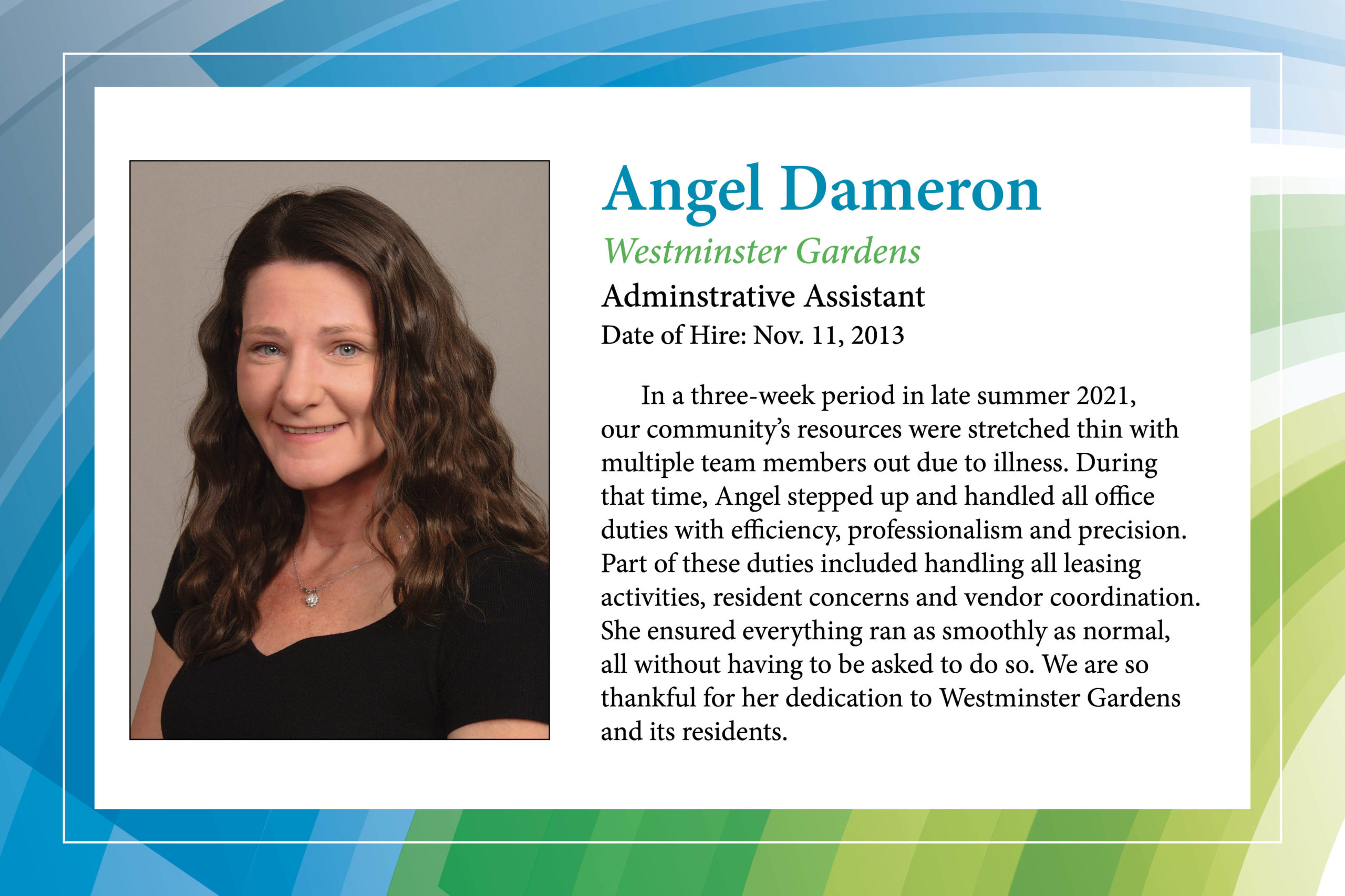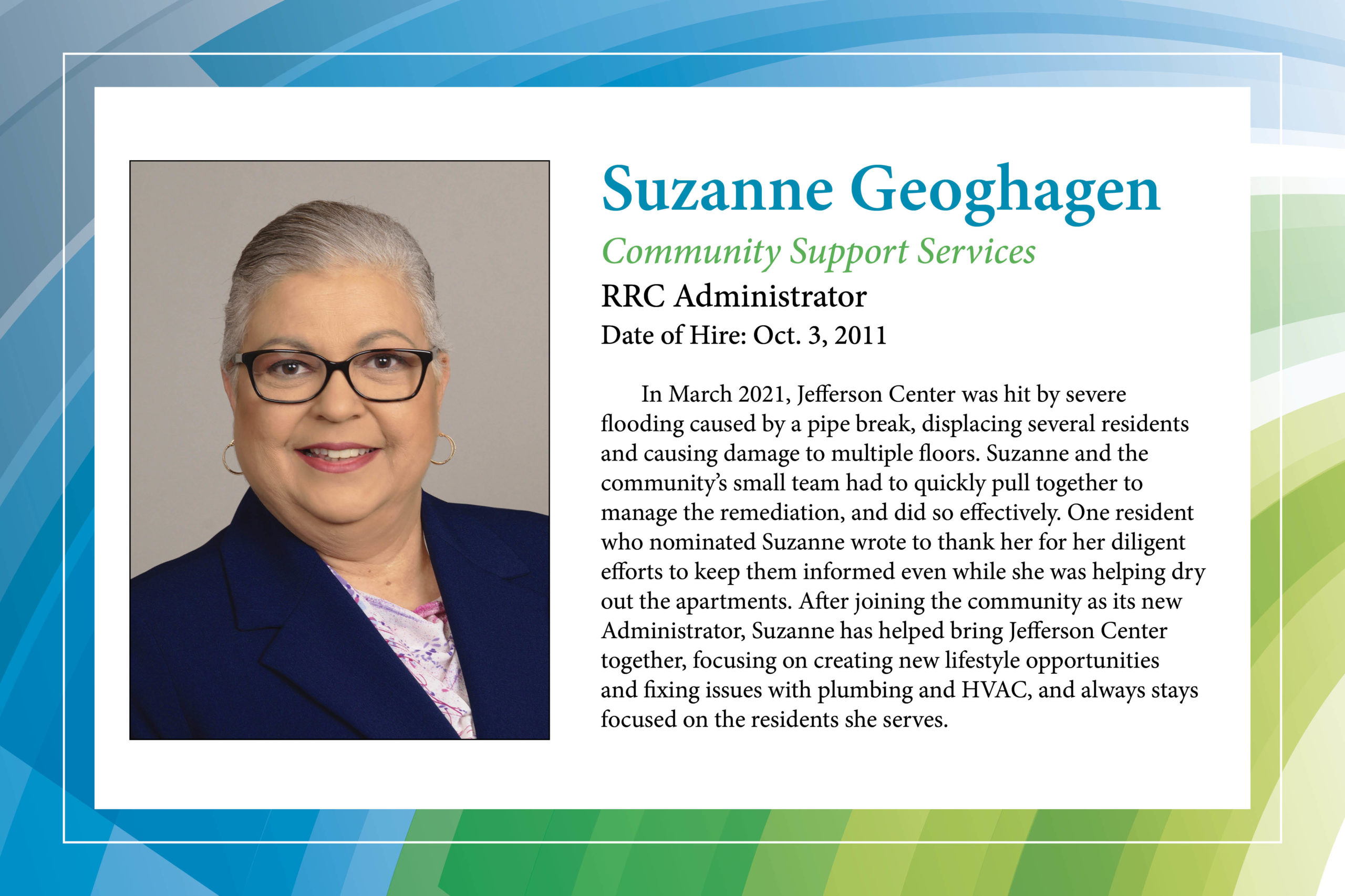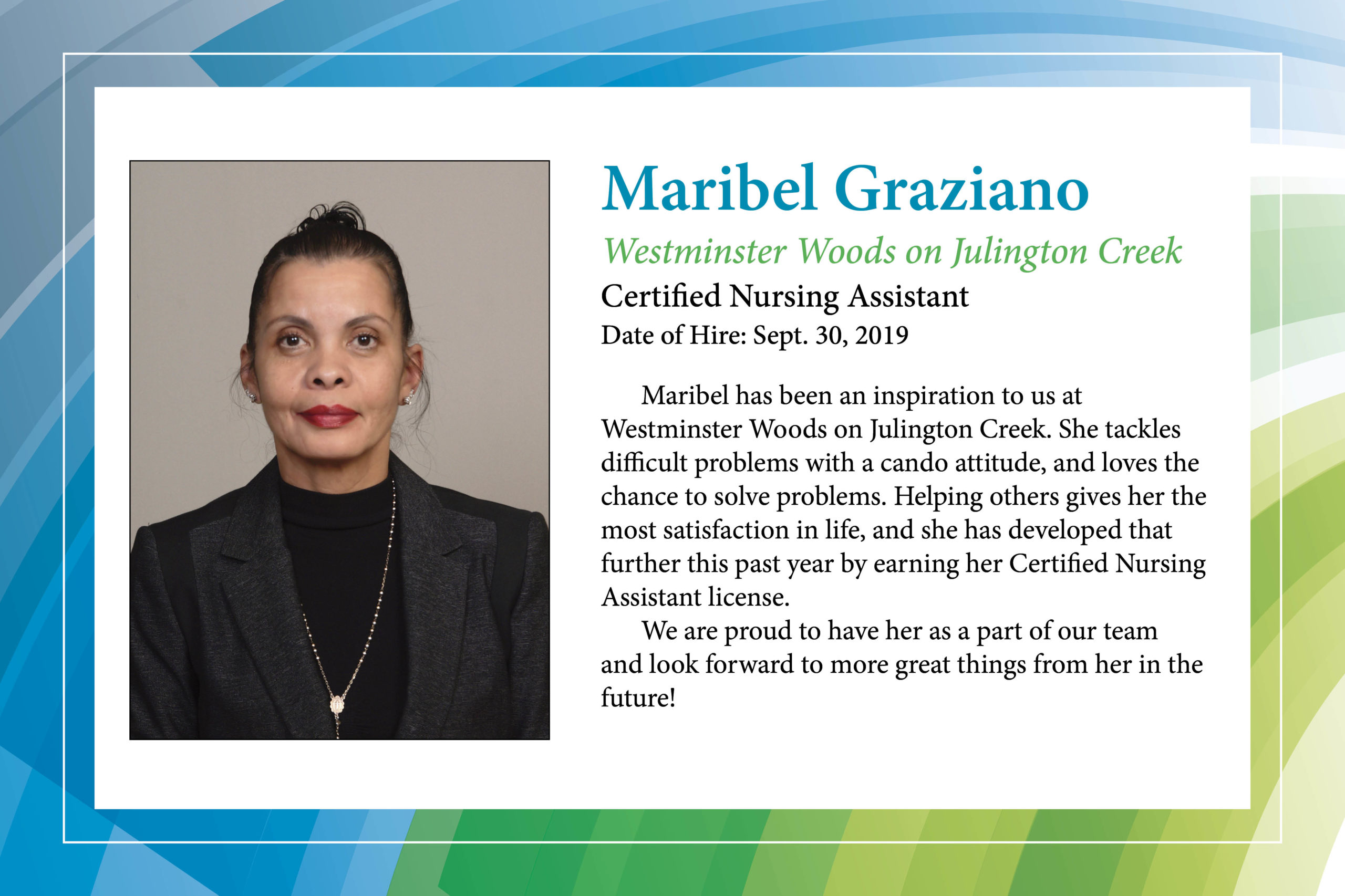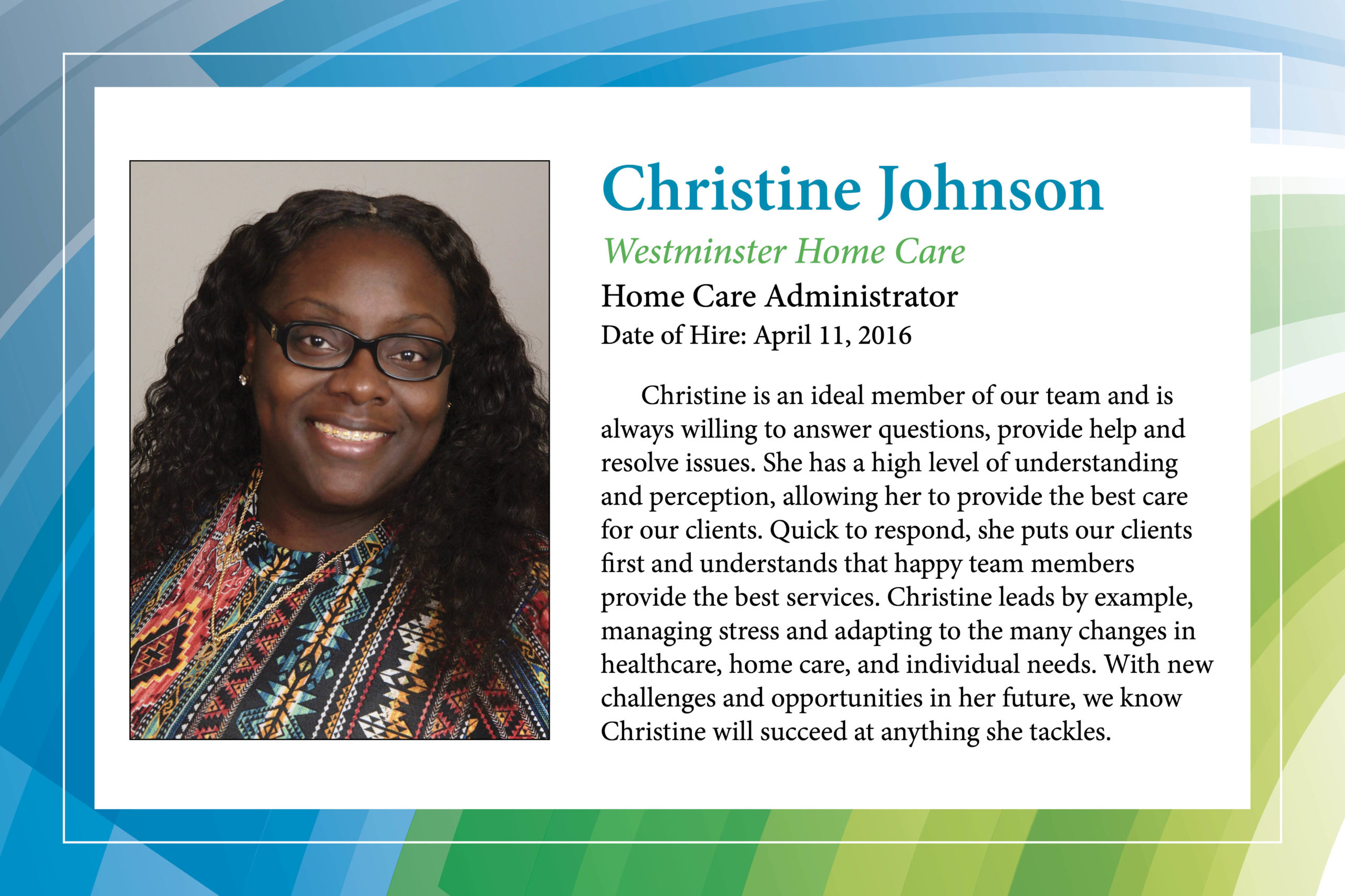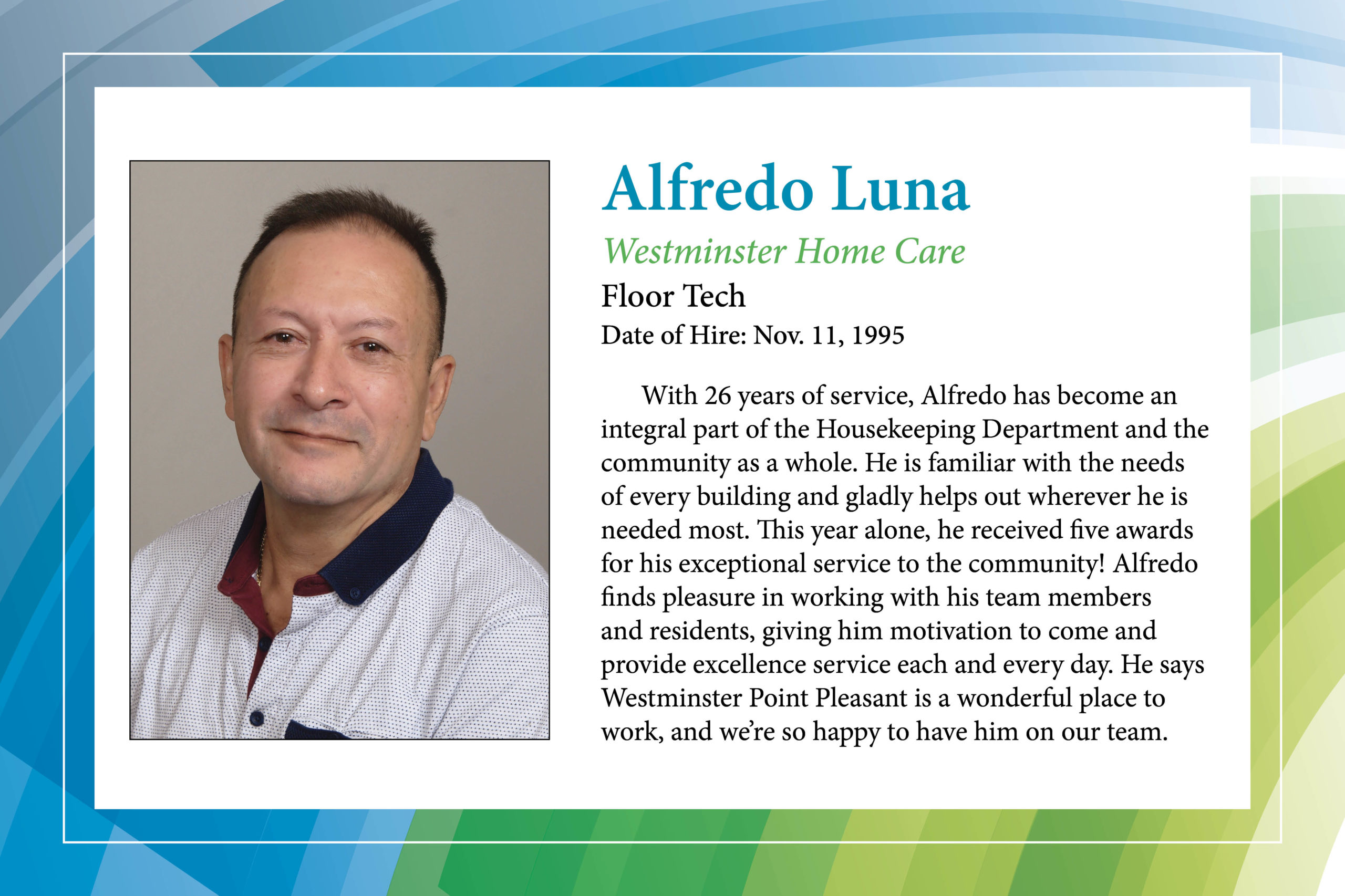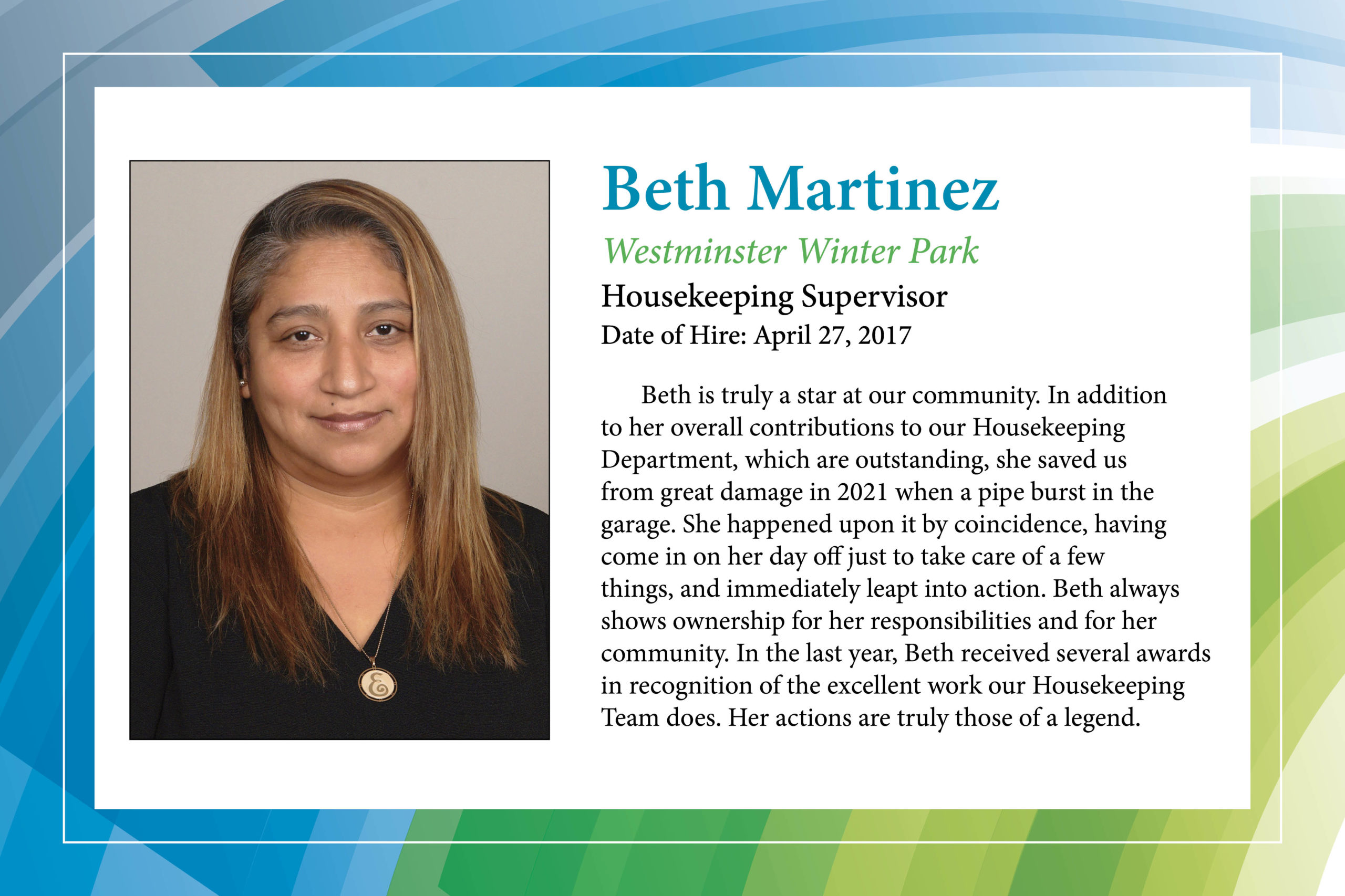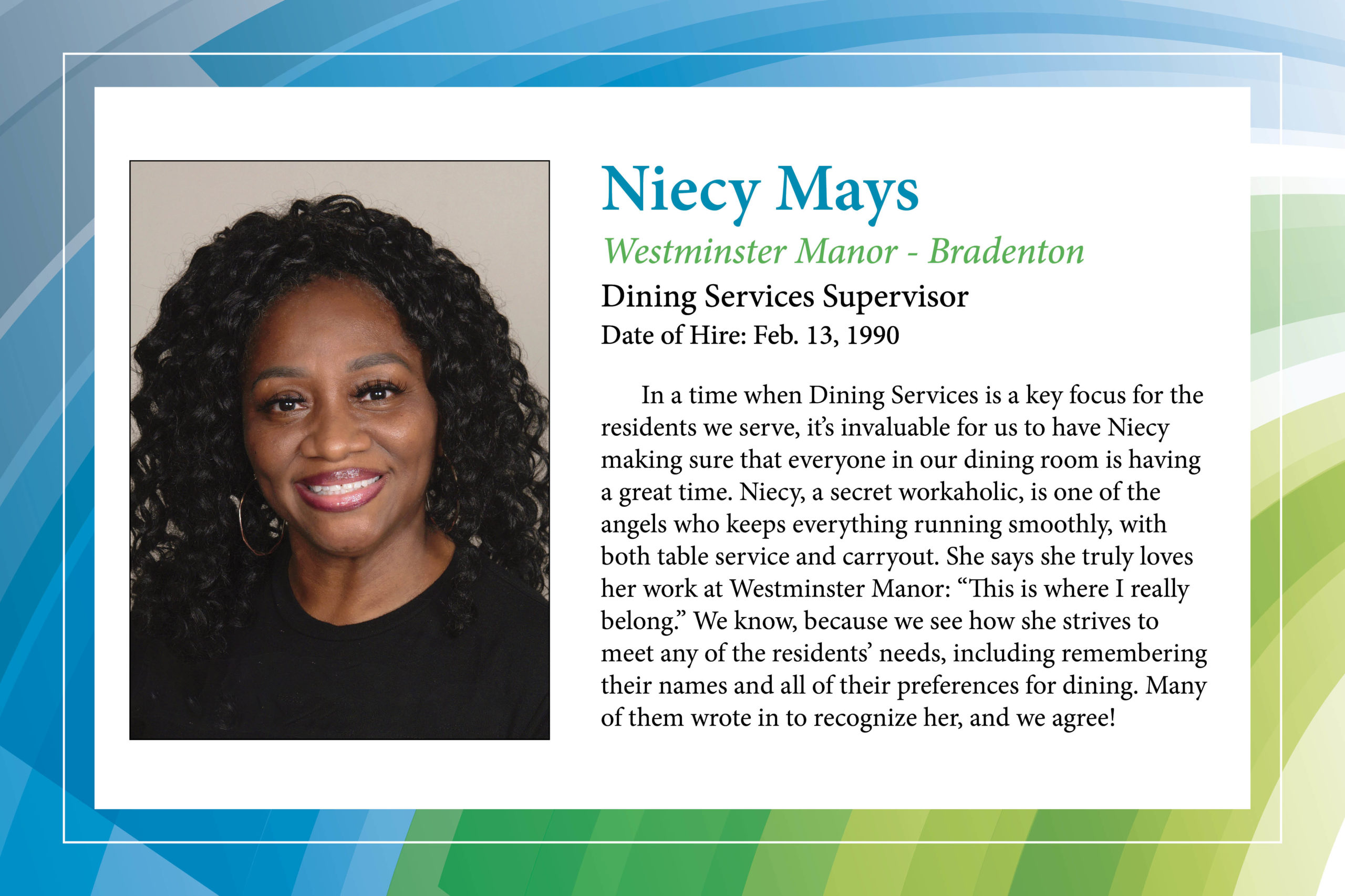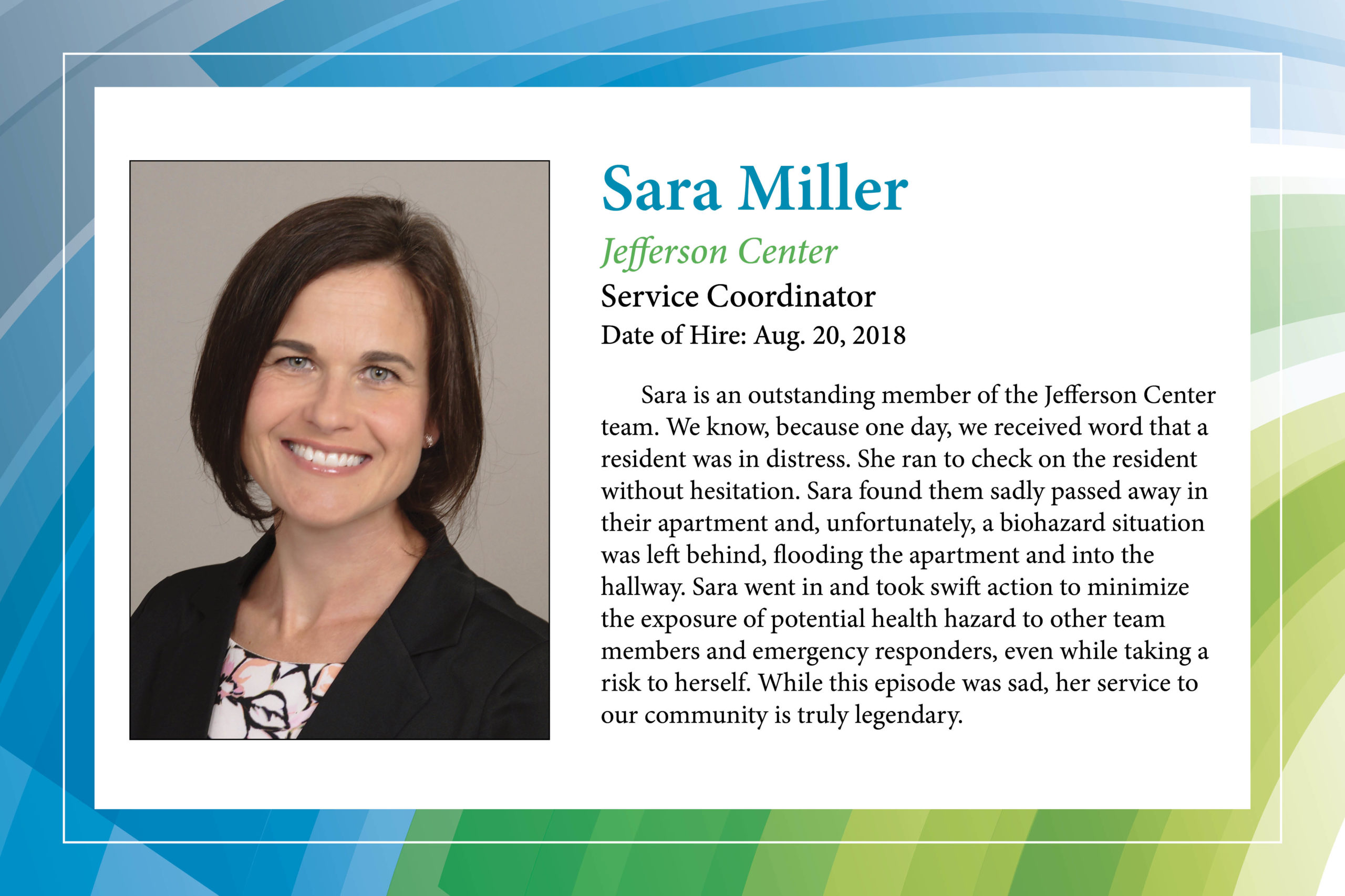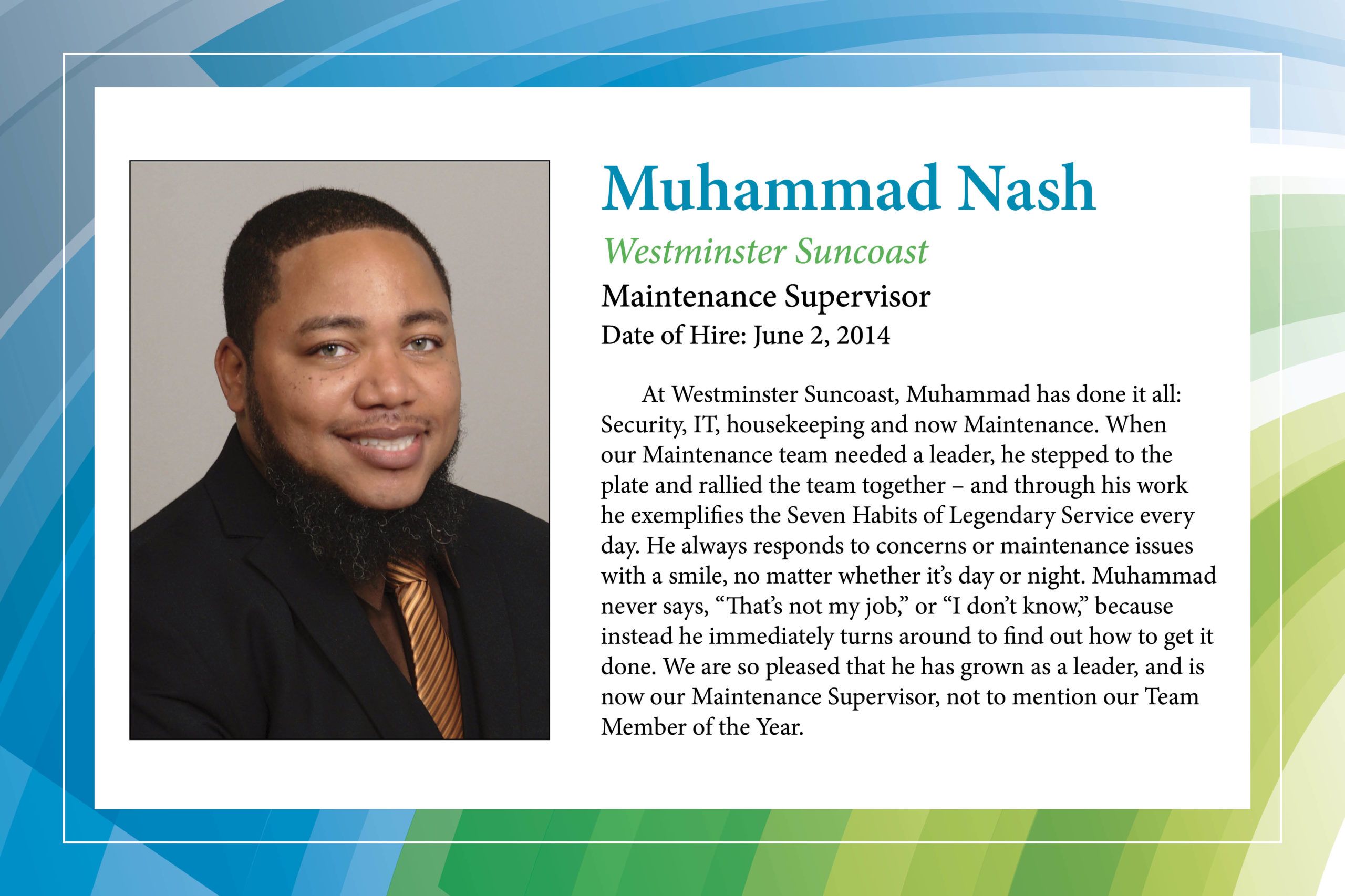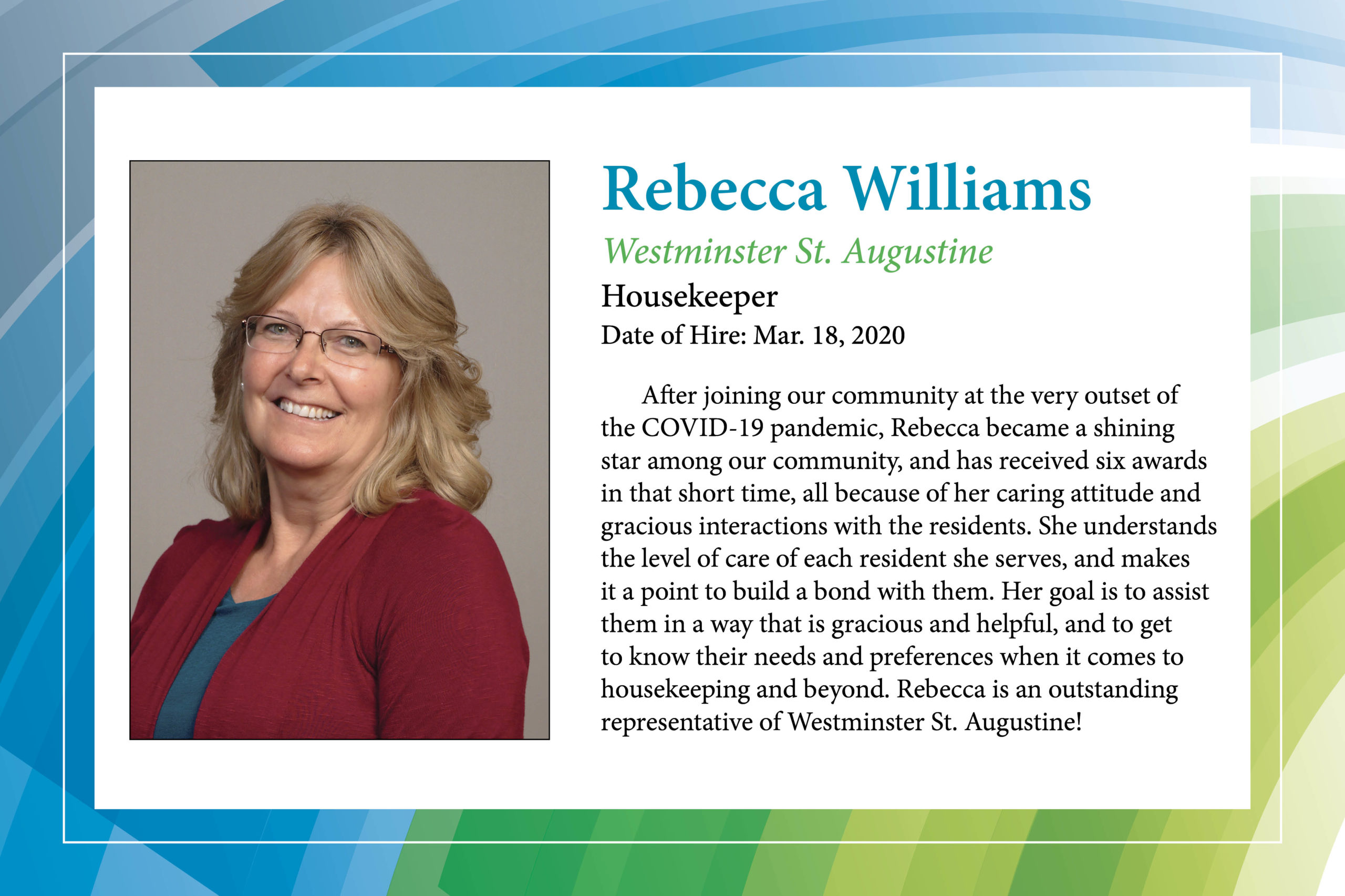Getting quality sleep is essential at all stages of life, especially for the elderly. Lack of sleep is known to cause a multitude of negative effects. However, getting too much sleep can also cause problems.
Whether your loved one is living at home or receiving care in assisted living facilities in St. Petersburg, Florida, monitoring their sleep habits is important.
How Much Sleep Is Normal for the Elderly?
Each person is different, so the amount of sleep required for each individual will vary. However, experts suggest that seniors should get between seven and nine hours of sleep each night.
Some seniors enjoy naps during the day, but nap time should be taken into account when calculating the total hours of sleep. If seniors sleep nine hours each night and take a one- to two-hour nap, an underlying issue is probably causing excessive sleep.
Getting too much sleep increases the risk of developing a number of health issues, including:
- Diabetes
- Heart disease
- Depression
- Stroke
- Obesity
Too much sleep has even been linked to premature death. If you notice your elderly loved one is sleeping more than normal, it is worth exploring the underlying cause and consulting a doctor.
Causes of Excessive Sleep
There are many reasons a senior may sleep more than normal, and it may take some investigative work to pinpoint the reason.
One common cause of excessive sleep among seniors is the side effects of medication. Some medications can cause drowsiness, making it harder for seniors to wake up and stay awake.
Another common reason is mental health challenges, like depression or anxiety. Seniors struggling with these issues tend to sleep more than their peers with better mental health. Other possible reasons could include:
- Poor sleep quality
- Sleep apnea
- Other sleeping disorders
- Drug or alcohol abuse
- Chronic fatigue
- Boredom
- Underlying health problems
A medical professional can help you and your loved one determine the cause of the excessive sleeping and work toward a healthier sleeping schedule.
Care for Your Elderly Loved One at Assisted Living Facilities in St. Petersburg, Florida
For some seniors, staying at home will become unhealthy or unsafe. Hazards at home and feelings of isolation can lead to sleep disturbances for seniors.
In these cases, moving to assisted living or utilizing skilled nursing facilities in St. Petersburg, Florida, is a good option. The staff in senior communities work with seniors to ensure they maintain a routine and are on top of healthy sleep habits.





